When on tour in France at the beginning of this year, she shared the stage with another musician, guitarist Claire Moreau, to present her first album: “c’est demain que je meurs”. This up close and personal approach suits singer and guitarist Cyrielle Formaz well, as she is used to her fans coming up to speak to her after her concerts. “These people have known me for years. They say my songs are about them, even though they are about me. It’s the whole world at a personal level,” she says over the phone during her tour, which also spanned Germany, Austria and Switzerland. She takes delight in the almost surprising fact that, in a world where “people are absorbed by screens”, there are still enough people who come to see someone performing live. “It’s almost a militant gesture,” she says with amusement, in her trademark perky, flute-like voice.
Which words define her approach to music the best? “Melancholy, nostalgia and hope,” Meimuna replies, keen to point out that she hopes her songs will comfort those who listen to them. “c’est demain que je meurs”, released in October 2024, is the artist’s first LP album, even though Meimuna has been performing for ten years now. The arrangements are crisp, always giving pride of place to the guitar, an instrument that Formaz plays with an assurance born of her classical training. The singer, aged 30, performs her songs solo, with just the six strings of her guitar for company, as she did in a video published on YouTube where she rattles off several numbers without batting an eyelid. She is a well-rounded artist and is involved in every creative aspect of her world: composition, recording, mixing and graphic design.
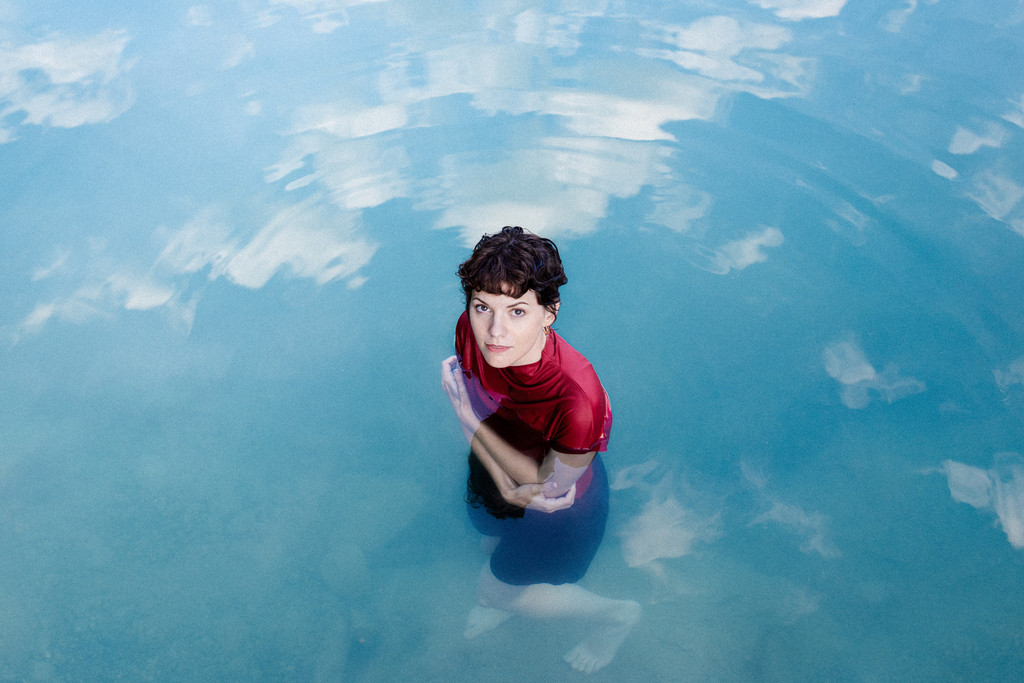


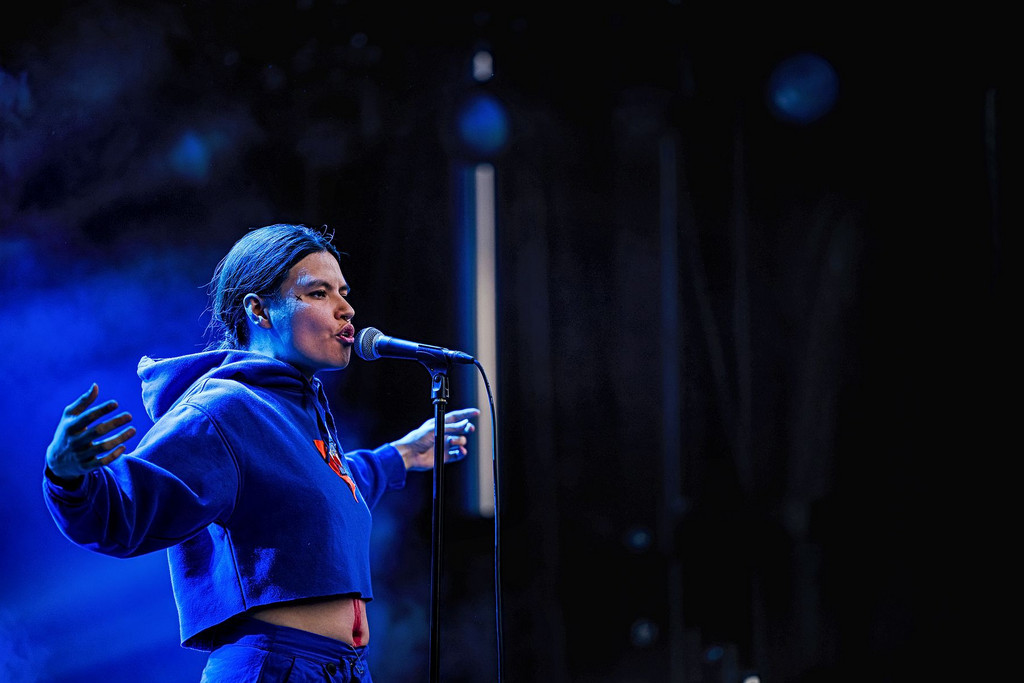
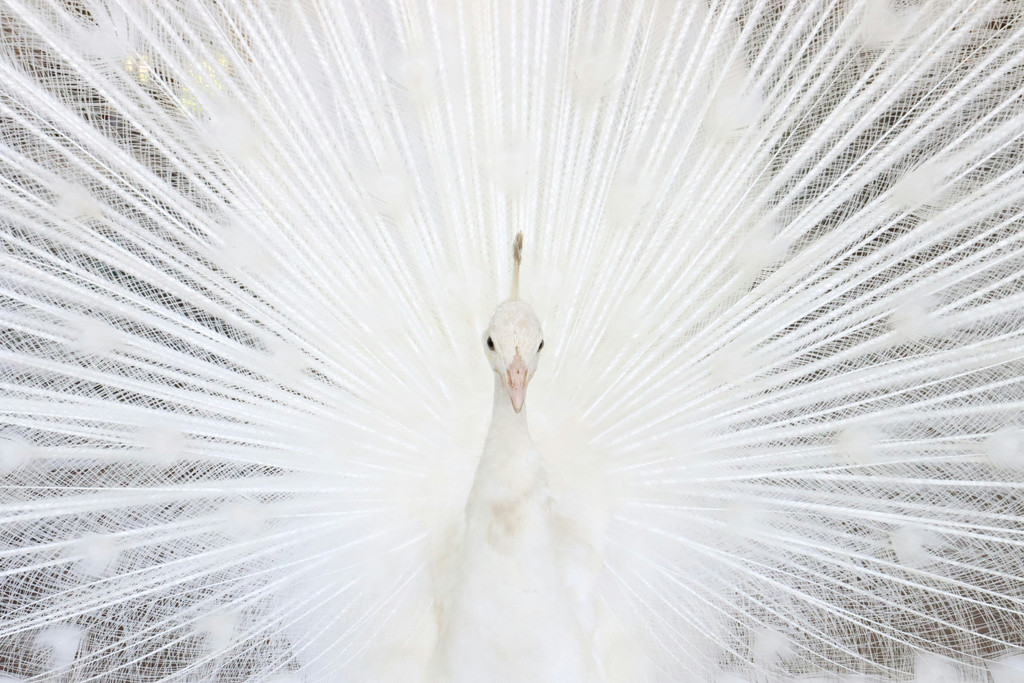
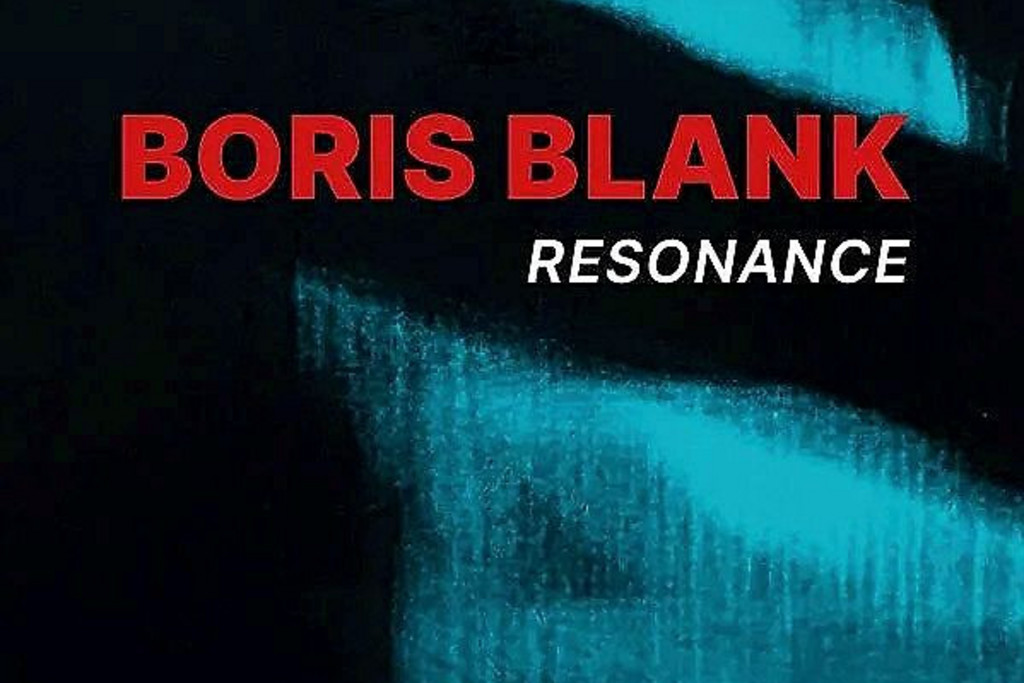





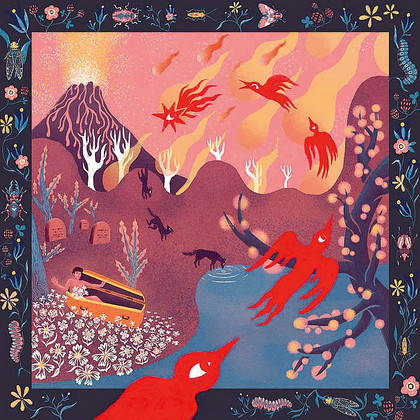


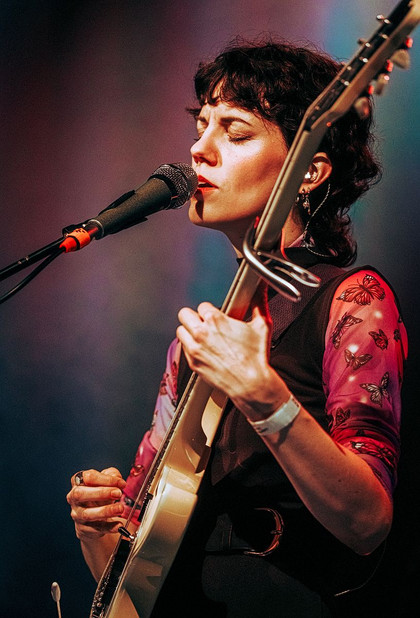
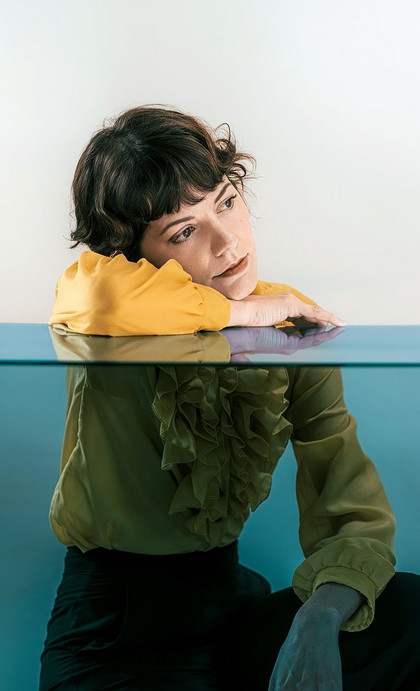

Comments